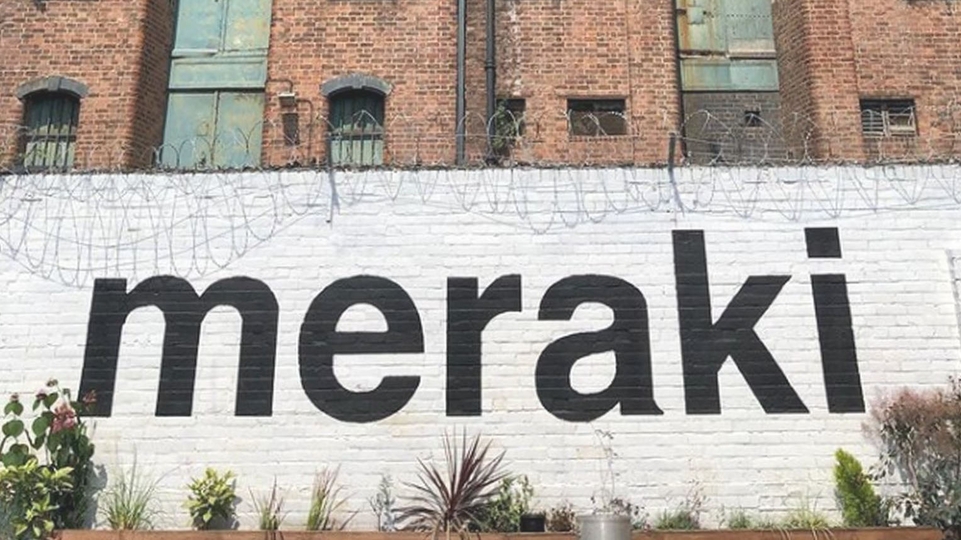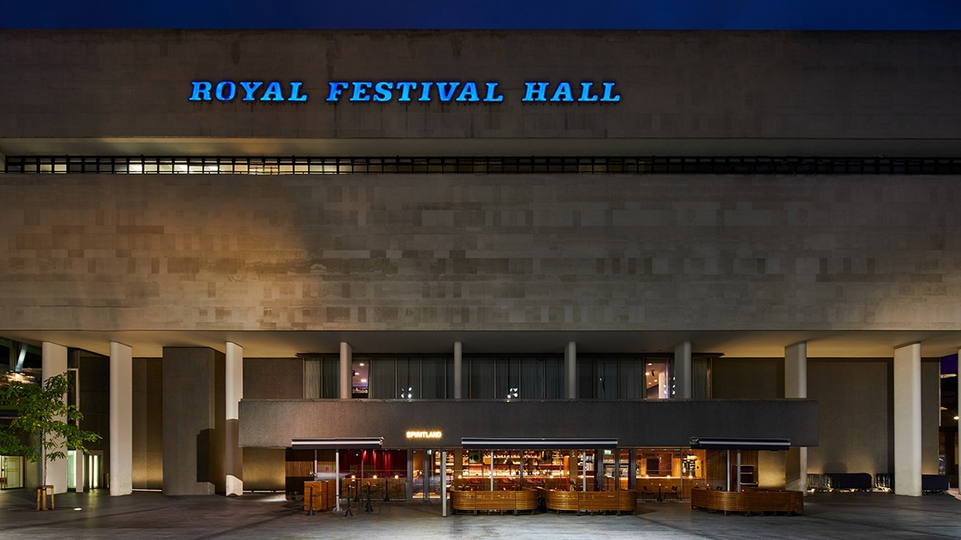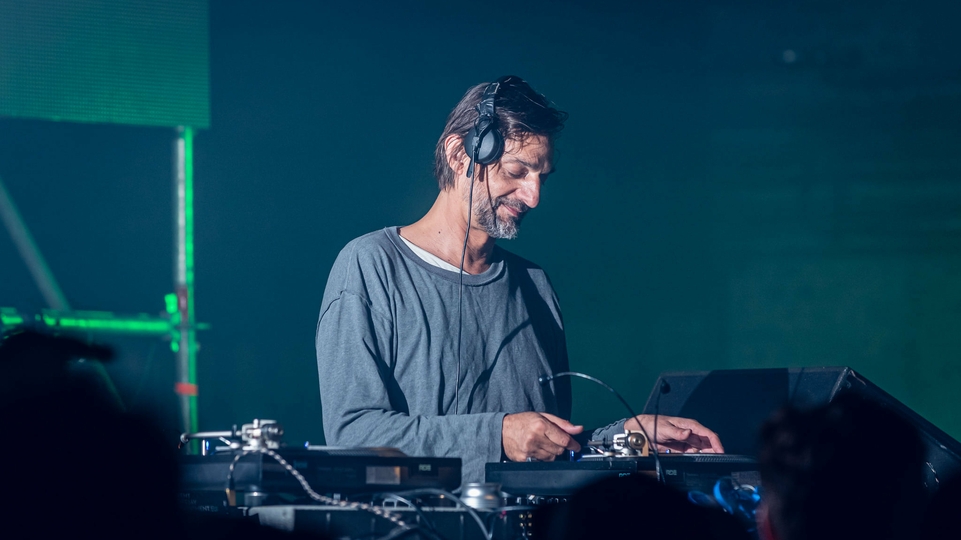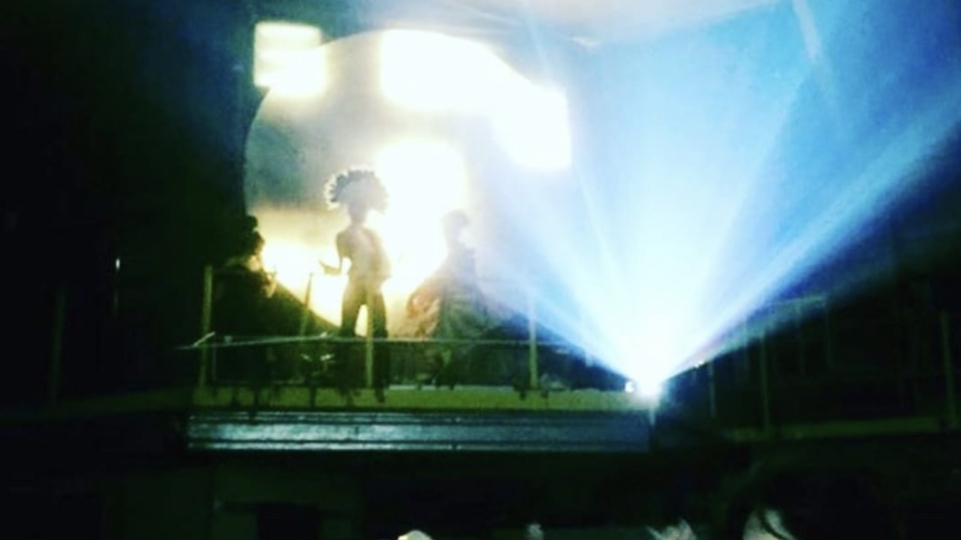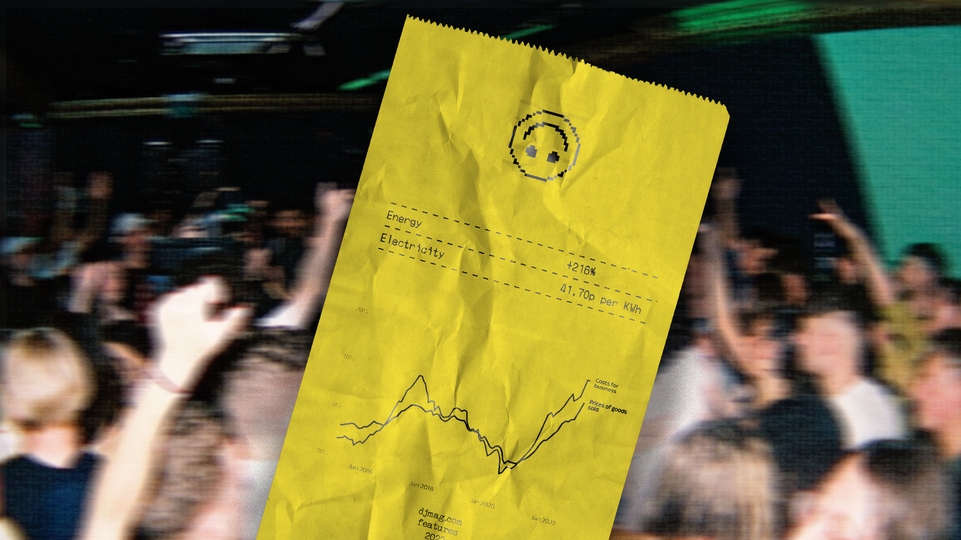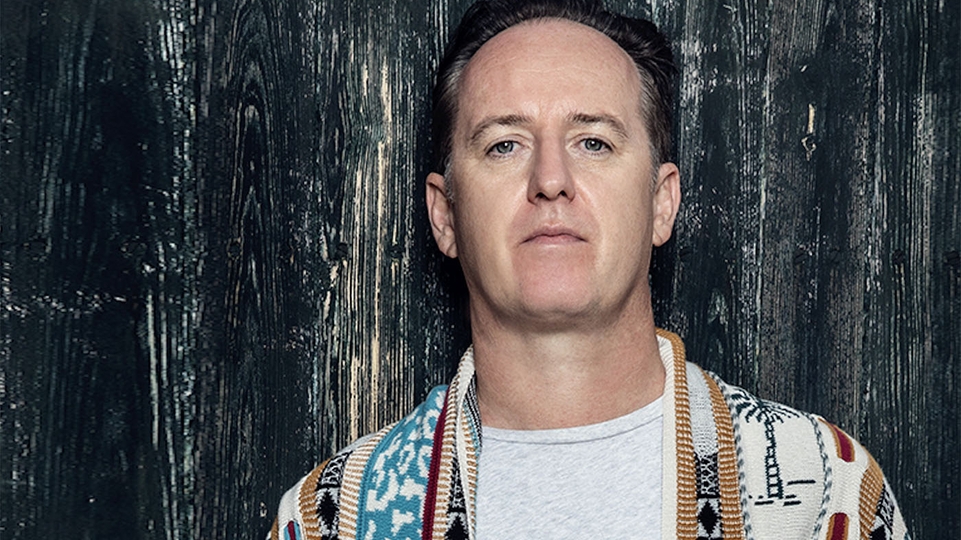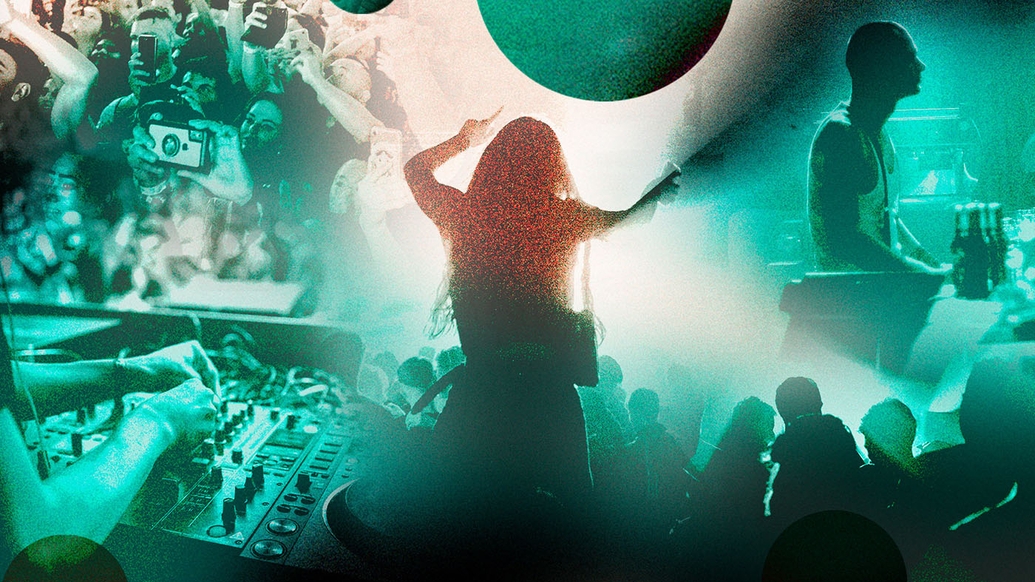
No phones, Covid testing, anxiety and euphoria: what’s it like to go clubbing in the UK after lockdown?
With clubs and festivals back in full swing in the UK, DJ Mag speaks to a range of club-goers, from DJs and bar staff to die-hard ravers and a first-timer, about their experiences of being back on the dancefloor
When clubs in England first reopened on 19th July after over a year of lockdowns, social distancing and isolation, thousands flocked to dancefloors across the country on what was dubbed by many as “Freedom Day”. For others, however, fears of the unknown, Covid-related anxieties and other emotions prevented them from heading back onto the dancefloor. While many have felt incredible relief and euphoria at the return of clubs across the UK this summer, after 16 months of coronavirus restrictions, stepping back onto the dancefloor has felt almost unimaginable for many.
Now, as the summer draws to a close, DJ Mag has spoken to a range of club-goers — from DJs and bar staff to die-hard ravers and a first-timer first-timer — about their experiences of being back on the dancefloor, to give an insight into what those tentative first steps back have looked like for others. It’s important to remember that other people’s experiences might not be like your own, so always prioritise your boundaries and feelings of safety above all else. If you feel like this is or isn’t the right time for you to return to the club, trust your instincts.
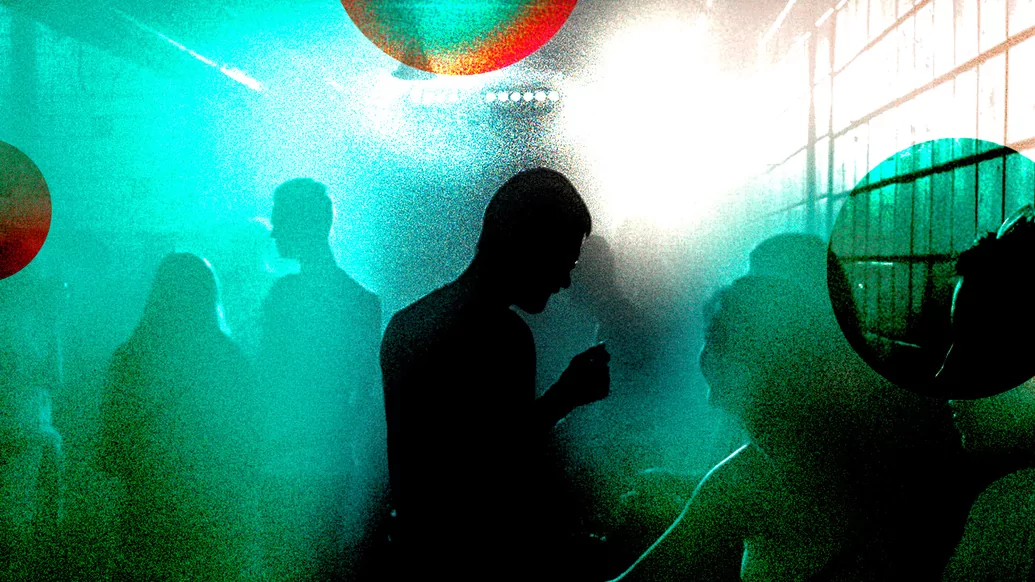

After nearly two years of absence, regular club and festival-goer, David Murray, returned to the dancefloor to see Peggy Gou in August. Having not attended a club throughout the entire pandemic, David was initially hesitant.
“After restrictions were lifted, I only went to bars and pubs, but after a few weeks of getting used to being properly back in that kind of environment, I felt comfortable enough to try out a club. I hadn’t been to a club since December 2019 so I was a bit nervous but it didn’t seem too big a venue so it felt like a safe enough bet for the first night back.
“The website said all ticket holders must prove they were negative and low risk at the door by showing their negative test or vaccine pass, but only our tickets and bags were checked when we got there. They didn’t ask for anything to do with Covid-19. It was surprising considering the emphasis on negative tests on the promoter’s website and event page, but we still went in anyway. I didn’t feel totally unsafe but was somewhat more anxious than I would’ve been if we were checked. We still had a good night though when we agreed to just give the benefit of the doubt and hope that the other people there that night followed the advice online and did a lateral flow to test they were negative before coming.
“Honestly, it felt like a pre-Covid club night. It seemed like it was back to normal. You couldn’t sense any sort of apprehension or fear in the air as I had felt at the odd event or gathering I went to when the restrictions initially started to ease a bit. It felt surreal but the rush of being back hearing music and dancing again after all that time took over and helped ease my Covid fears.”
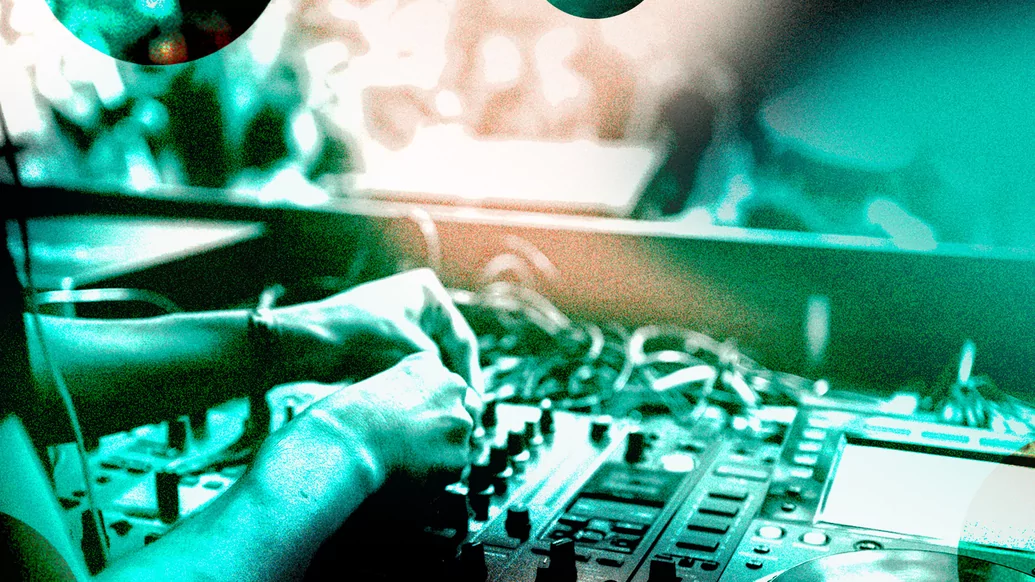
DJs similarly face the uncertainties associated with returning to clubs post-restrictions, but many are forced to as it is their livelihood. Bristol's Hodge had fears occupying such a busy space amid the pandemic.
“I haven’t had Covid-19, so it’s obviously a concern being in busy environments, I’m double vaccinated which helps a bit but when I think about it I don’t really feel safe in any busy situations whether it’s a supermarket queue, train or a club. I decided to settle my nerves and warm up into clubs by playing outside to kick things off and I’m so happy I did. The vibe was great — I loved it. After that, I felt much more comfortable going into clubs and being in front of crowds than I would have been. If I didn’t do that I would have been going into Fabric Room 1 for my first show which would have been a lot to deal with!
“At Strange Brew in Bristol, they set the sell-out point way under capacity to make sure everyone has extra space, which is great of them for being so cautious, but equally I feel bad for them. Without a full room the clubs risk not making enough money to survive. It’s such a tough situation.
“Honestly, the crowds I’ve played to have been so up for it. There’s so much support when I’m playing. It’s amazing. The vibes have never been better. It’s a definite concern in general, as there will be cases spread if someone accidentally goes to the clubs with Covid-19. If anyone’s going out, testing is the best way we have to keep everyone safe.”
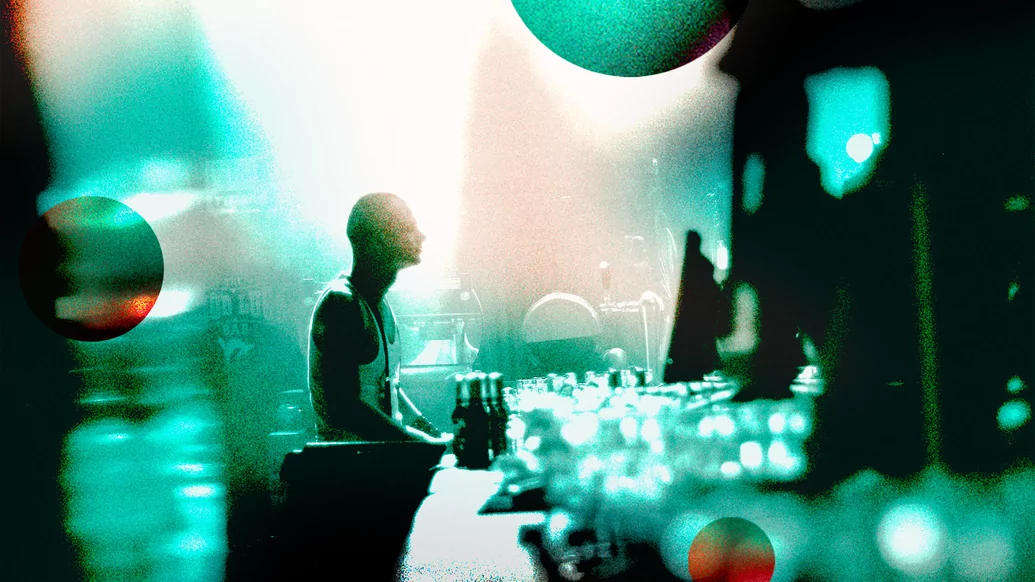

Working behind the bar of a club post-restrictions comes with its challenges. Nishaan has worked in two different London clubs since the end of the restrictions and has had his fears around the experience.
“There’s a whole bunch of people dancing and I always have to go through the crowd. I feel a type of uneasiness amongst them even though I’m vaccinated. It’s impossible to socially distance. It feels much safer when you’re behind the bar rather than on the floor but you have to go on the floor if there’s an issue or something needs to be done. In any indoor space, there will always be a risk.
“There’s added pressure on staff at the moment because in most places, every other day some person has either gotten Covid-19, or the place is generally short-staffed as a lot of people in the industry left during the lockdown to go home or enter different fields. It's very difficult to get people in and train them quickly because it takes time for people to get a hang of that kind of environment.
“Safety measures are hard to implement at the moment but hopefully, by the time the vaccine has been mostly completed, it’ll get easier. I think the clubs shouldn’t have opened when they did, maybe they could have waited a few weeks more. However, people need incentives to get the vaccine and maybe without the clubs reopening there would be fewer young people coming forward to get it.”
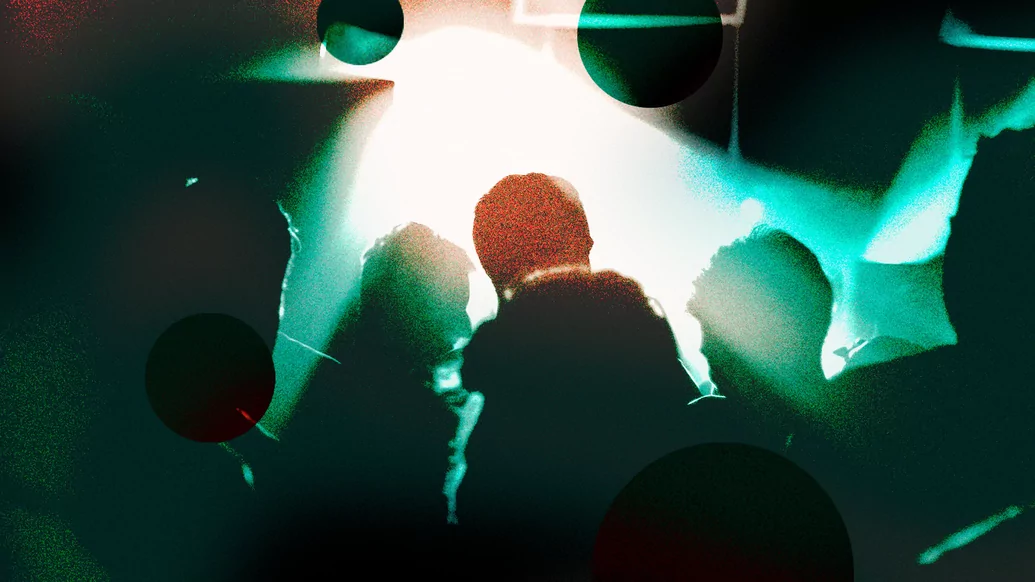
For the LGBTQ community, the closure of clubs has meant the disappearance of many people’s main queer social space. Roo Honeychild, a Glasgow-based DJ, had a recent return to the club through a small-sized party in Bonjour, and another outing at well known Glasgow queer night Shoot Your Shot.
“My first night out post-Freedom Day was at Bonjour and honestly, I got so tired that I couldn't talk to anyone. It was definitely nice to just be amongst queer people again but I think it was very overwhelming, just initially, getting back into it. The second night at Shoot Your Shot was surreal because it had been so long since I had been in a proper club setting, but I was less anxious and had a really good time being in a sweaty basement surrounded by friends.
“I'm very lucky to live in an area that has lots of queer people here and throughout the lockdown I was able to see my friends. If I had been back living at home during the pandemic, I could have felt like I had no community. Even here without clubs and parties, it didn't feel like the queer community had the opportunity to mix and mingle and be together and be like a community in a way. Things like mutual aid and support over the last [18 months] gave us the chance to show strength in face of a negative thing but with the clubs closed there were few opportunities for collective joy.
“I think particularly because people in the queer community can often ascribe a moral aspect to nightlife, there has been drama around whether people should be hosting parties or not. It’s fair to have fears but when clubs have been closed for two years it doesn’t make sense to criticise individuals for throwing parties when that’s what they do.
“If you're really anxious about Covid-19 and that's a really big thing for you, I would advise against going to clubs because it is pretty hard going. If what you're worried about is more based around social anxiety like it was for myself, then I believe meeting new people again is what is going to repair whatever damage has been done to our social skills over the past while. If that’s what you want right now and that's what you think you need, the best thing you can do is bite the bullet and go out.”
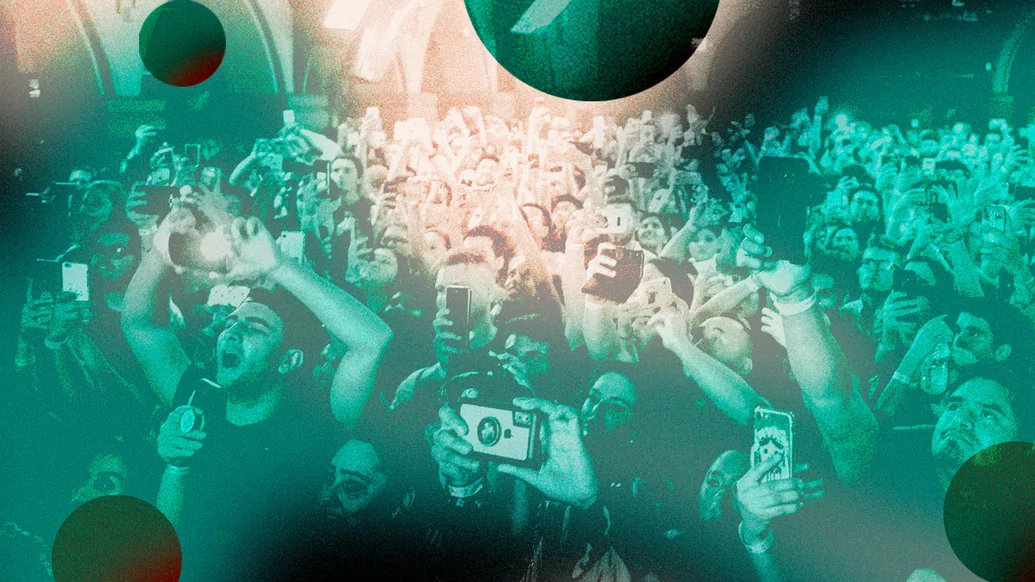

For certain venues, the return to business has brought with it new approaches to the club experience. Fabric London has recently emphasised a no photos and videos on the dancefloor policy, a stance that has always been in place but is now being given a significant push. Lawrence, a photographer at the club, has spent a few evenings in Fabric soaking up the post-lockdown atmosphere.
“Initially it was quite bizarre, to be honest. I wanted it to be this moment of extreme euphoria but I think the anxiety and the busyness of the moment took over. The crowd was so good [the second night] though and it was a real experience.
“I felt like the no cameras policy re-attracted the old crowd. For a while before lockdown, it was almost going the way where it was a little like a tourist trap — you had people who had flown in for the weekend, treating it as an attraction but had no idea why they were there. There's a lot of people there that aren’t really out for the right reasons. They turn to their phones almost through boredom and start taking photos and end up chatting to their mates online and just not enjoying the night out. With the policy in place, people were facing all kinds of ways and just dancing with each other rather than stretching to the DJ trying to get a video for Instagram.
“I don’t know about you but I'm so fed up of seeing anything Covid-19 related on the news and in articles and whatever. You constantly have to deal with what’s going on in the wider world but when you’re there and in that moment, you don’t have to think about those things and when you’re not on your phone you can get rid of the thing that connects you to the outer world. A lot of people say, ”Oh, I want to have videos to look back on” and I believe if it was worth the moment then it will be ingrained in your mind forever.”
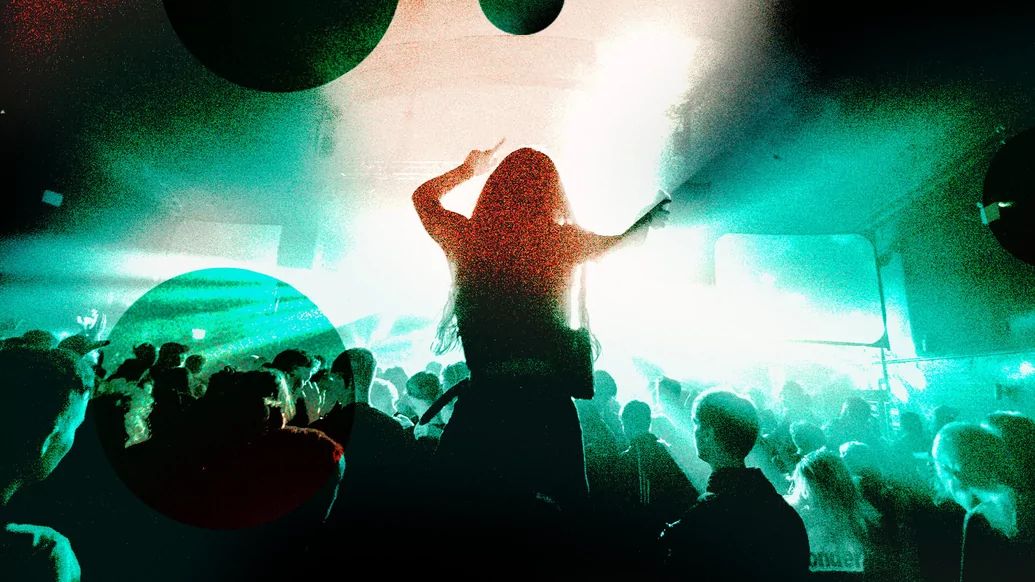
Roisin Dolliver, an 18-year-old based in Cork, Ireland recently had her first-ever club experience on a visit to Edinburgh. The continued COVID-19 restrictions across Ireland means Roisin’s wait has been even longer than her counterparts based in the UK
“I’ve wanted to go dancing for ages and ages. I didn’t know that it was clubbing that I was missing. Me and all of my friends were all pretty excited about it but not desperately so because clubs have never been available to us. It was something we never really considered. You can’t miss what you’ve never had.
“I think my friends went into shock [when we initially entered the club]. They were just sitting there for a minute like, ‘Oh my God, what’s going on? Why are there so many people?’ But I think after a while I was too distracted to notice because unexpectedly it was a nice experience. I went from finishing up school in lockdown to spending time with a tight-knit friend group, mostly just hanging out at each other’s houses so being in a club was all very new.
“I’m back home in Cork now and the clubs are still closed with the restrictions. I’m one of the only people in my friend group who has been to a club at this point. I don’t even know if there are any clubs that accept 18-year-olds anymore when they do reopen. Most places are over 20s or 21s here but I’m excited for when I can finally go again.”

